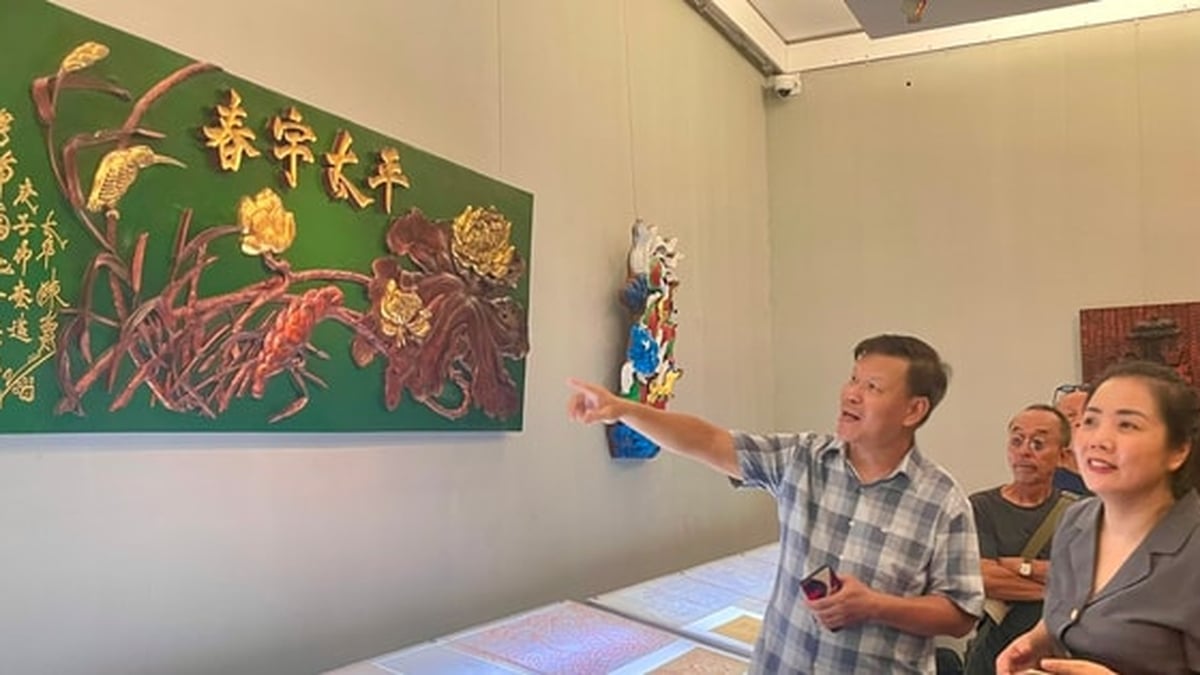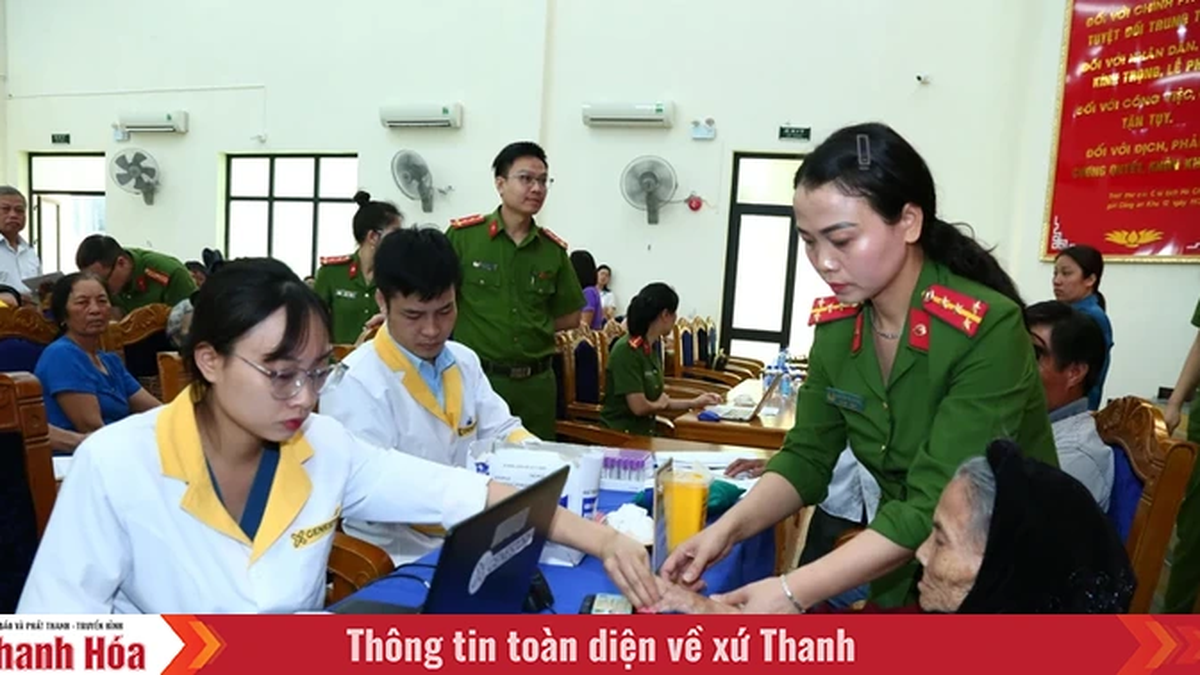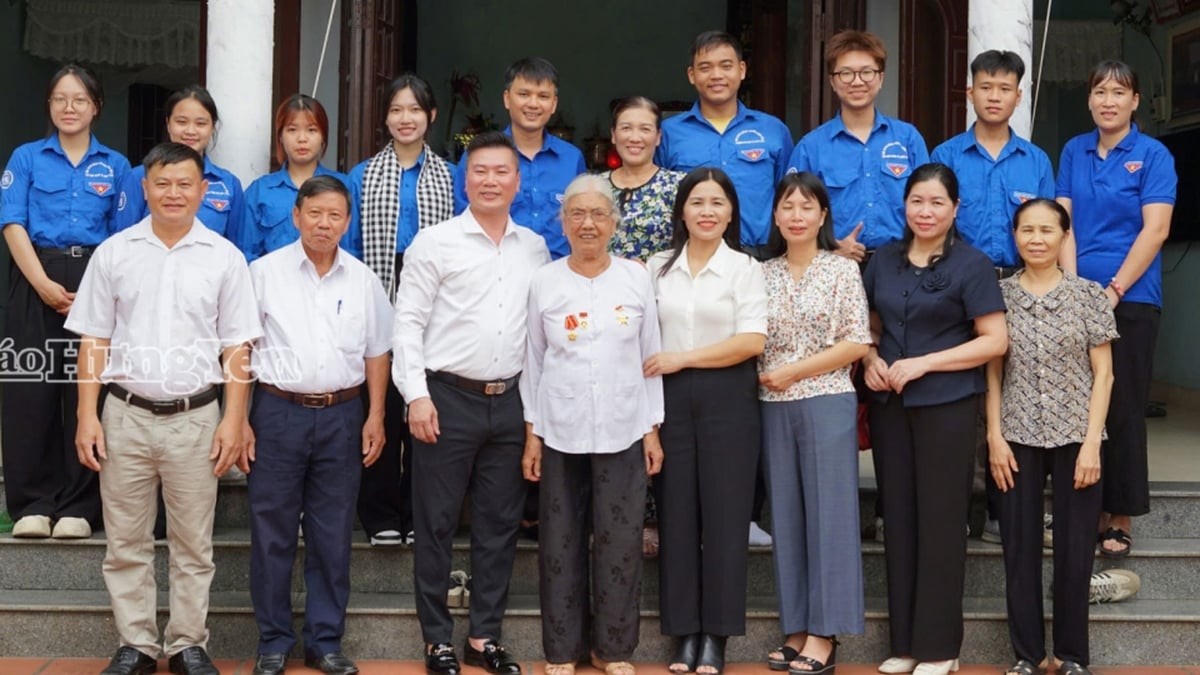First, let's dissect and briefly analyze this compound word. According to Baidu Encyclopedia:
Xiao (小) is a character first seen in Oracle Bone Script, originally meaning "fine dust", later expanded to mean "small", then added to mean "modest", "young" or "young people". Xiao is also used as a humble word to refer to oneself or things related to oneself.
Shu (姐) is a character that first appeared in Small Seal script in Shuowen Jiezi, its original meaning is another way to refer to mother. In ancient times, people of Shu called mother Shu (姐), then the meaning was expanded to "older sister" ( Nang cai trai man luc by Wu Zeng of the Southern Song Dynasty).
Miss (小姐) is a compound word, originating from the book Cai du tung kao by Trieu Duc during the Qing Dynasty. This term includes the following meanings:
When used as an honorific, miss usually comes before the name of an unmarried woman or young girl or refers to young girls in general.
In Vietnam, since the 19th century, the word "young lady" is similar to today's definition, often used to refer to a girl or daughter of a wealthy family, for example: " The young lady took her back " ( The Tale of Kieu , Lieu Van Duong version, 1866). In Chinese literature, "young lady" means a daughter of a noble family ( The first sketch of the capital (volume 5) by Lang Mong So written at the end of the Ming Dynasty; Dream of the Red Chamber (chapter 45) by Cao Tuyet Can during the Qing Dynasty).
In the past, "young lady" was a word used to refer to a maid, concubine or "singing girl" in the book Di Kien Tam Chi Ky (volume 4) by Hong Mai during the Southern Song Dynasty or was a title referring to a wife or lady (first act in the play Kim An Tho by Gia Trong Danh during the Ming Dynasty).
In slang, "young lady" refers to "prostitute".
The term "young lady from a noble family" is an idiom referring to a talented and virtuous woman from a prestigious family. It originated from the chapter " Xian Yuan" in "The New Worldly Treatise" compiled and edited by Liu Yiqing during the Southern Song Dynasty.
Besides "young lady", there are some similar words such as: nu nhi (daughter); nu si (lady, madam); co nuong (unmarried girl). However, different from "young lady" , co nuong also means "concubine, concubine" or "aunt, aunt", that is, the father's sister or younger sister, also called aunt ( Old Tan Du Ky , chapter 8).
In addition, the young lady is also called " mi" (密斯, mísī), a form of address for an unmarried woman, a transliteration of the word "Miss" in English.
Nowadays, Miss is also the word for the winner of a beauty contest, often named after the region. For example: Miss China (Miss China); Miss World (Miss World).
If we read a text translated from Chinese, we sometimes see that "young lady" stops at a word indicating gender, but the meaning depends on the accompanying adjective. For example: "Mermaid" is "mermaid" or "mermaid"; "bar girl" or "professional escort"; and of course , "young lady in the sky" is not a girl who fell from the sky but is a... "flight attendant"; "young lady" is a female singer or a female hostess who works at a karaoke bar, often chatting with customers, singing and sometimes drinking with them...
Source: https://thanhnien.vn/tieu-thu-nghia-xua-va-nay-185250801230953723.htm

































































































Comment (0)